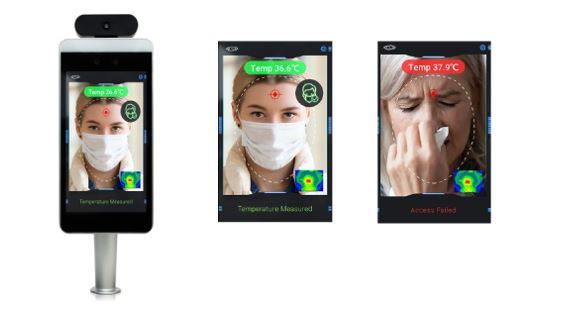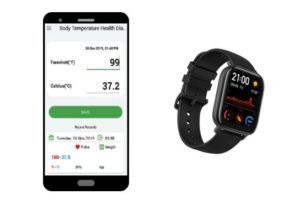As a means of helping to prevent the spread of the Coronavirus (COVID-19), many organisations have elected to institute thermal imaging cameras as a pre-screening device. These devices identify elevated body temperature (EBT) which could be indicative of a fever (one of the symptoms of a viral infection). While these are not medical devices and do not replace conventional medical testing, they can be used to give an early indication when evaluating a large population.
To support this initiative, Fastcomm has added two temperature screening modules to their IoT platform that can provide early detection of COVID-19 and other illnesses. These modules offer improved safety, are non-invasive and provide real-time fever detection with immediate notifications to help mitigate the potential outbreak of COVID-19 within a workspace and enable businesses to protect their staff and customers from getting infected, as well as from losing income as a result of a forced quarantine.
Fastcomm's innovative temperature screening module is designed for both Customers and Employees, and can include:
- Temporal scan kiosks at entrances
- High accuracy thermal imaging stations
- Digital displays for notification
- Advanced notification and escalation engine
- Customer counting for social distancing
- Demographics for senior hours
- 24/7 System monitoring and help

Additionally, Fastcomm offers an Employee module that provides continuous employee temperature monitoring, such as:
- Core temp Bluetooth arm band inserts or temp watches
- High accuracy thermal imaging stations at entrances
- Communication nodes and wireless routers
- Advanced notification and escalation engine
- ADA compliant algorithms and A/I
Software development kits to interact with employee database - 24/7 System monitoring and help
